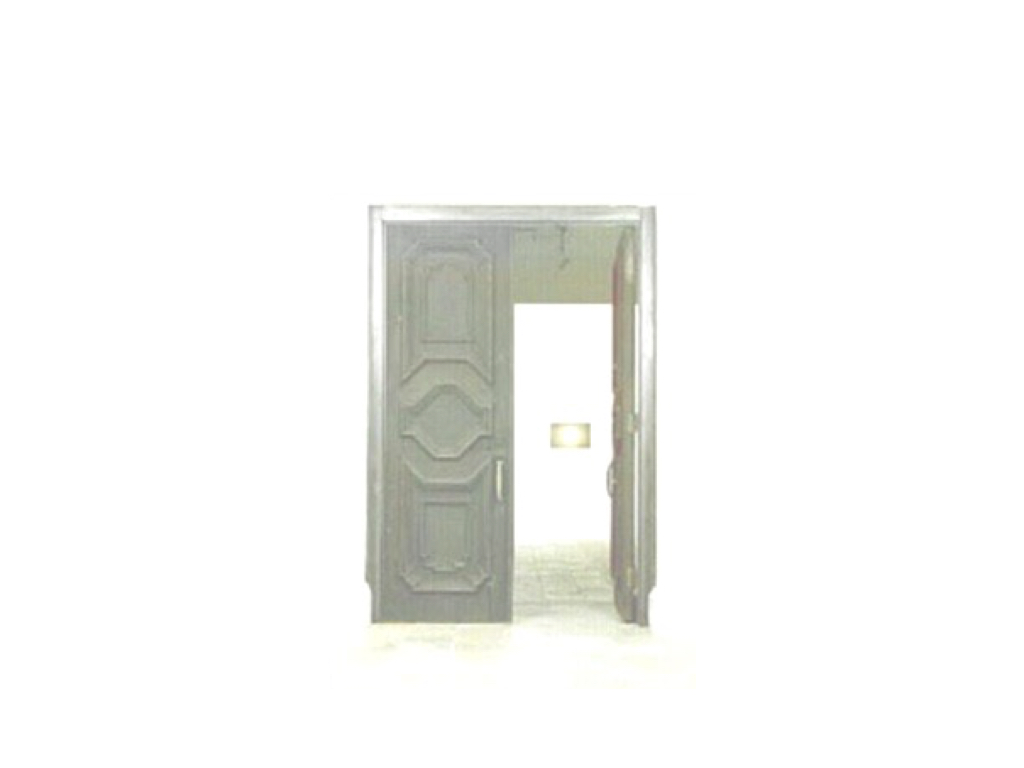April 4-6 2000
Retrodiction –The History of Chaos in Literature, Science and Art.
Retrodiction is a series of audio recordings designed for an Internet experience with visual, musical, interactive, and educational components. The series will explore the concept of chaos and the fundamental question: Do things happen by chance? or does nature govern by fixed laws? The goal is to increase public understanding of science through fiction, poetry, and philosophical writings. The project is a collaborative effort among Dactyl Foundation for the Arts and Humanities, the Santa Fe Institute, and the Art and Science Laboratory.
Recent interest in chaos as a scientific and literary subject has been significant, yet no attempt has been made to assemble the diverse literatures that concern themselves with this constellation of ideas. The series will tie seminal texts together in a narrative fashion using the goddess Mutability as a figure for the changing face of chaos. At various times in history she has been anarchy, randomness, indeterminacy, and entropy, but also irrationality, creativity, natural order, and emotion.
The series begins with a contemporary adaptation of Edmund Spenser’s unforgettable dramatic poem, “The Mutability Cantos.” In the poem, the exiled goddess, daughter of Chaos, returns and threatens to exercise her claim of control over the whole of existence. The Olympic court tries to determine whether or not the issue is resolvable. It is discovered that there are two irreconcilable views: those who claim everything in nature is ultimately determined and orderly, even if very complicated, and those who claim that there is an element of spontaneity and chance in natural processes, which will forever prevent a final and complete description of the way things are. A trial is held, and the issue is hotly debated. The Olympian gods and goddesses, represent stasis, order, and law, and try to outsmart Mutability with rhetoric and logic. But Mutability’s question inspires a strong defense.
As the series continues, each program will present a new argument to be tried and examined by the Olympian court with Nature as judge. Seminal narratives and essays by historical figures will be presented in defense of a variety of views on the philosophy of chance. Aristotle (384-322 BCE.), Copernicus (1473-1543), Issac Newton (1642-1727), Denis Diderot (1713-1784), Pierre Laplace (1749-1827), R. W. Emerson (1803-1882), Edgar Allen Poe (1809-1849), Charles Darwin (1809-1882), Karl Marx (1818-1883), Lord Kelvin (1824-1907), Luwig Boltzmann (1844-1906), Thomas Hardy (1840-1928), Henri Poincare (1854-1912), C.S. Peirce (1839-1914), Virginia Woolf (1882-1941), Wallace Stevens (1879-1955), John Ashbery (1927-), Richard Feynman (1918-1988), and others.
As more and more public radio stations move to the web, audio recordings must adapt to the Internet experience. Retrodiction takes advantage of this new dissemination tool by incorporating visual and interactive capabilities into the dramatic performance of texts. Retrodiction will also feature popular actors, poets, famous business leaders and politicians as readers, whose names will attract random visitors to the site through search engines. Together with the use of original music and state of the art interactive media, the website will invite a large crossover audience, including the serious student and the thrill-seeking web surfer. In a word, Retrodiction will make chaos lit hip.
